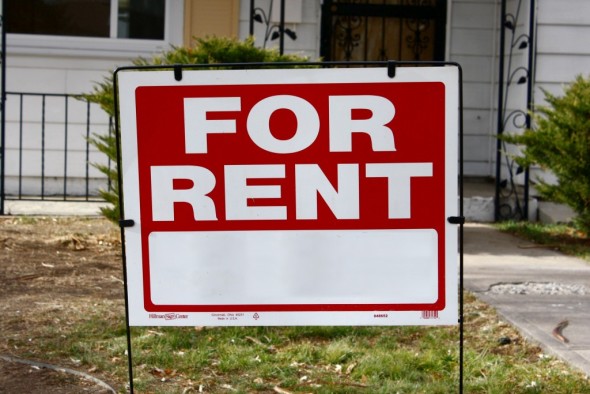

A coalition of community organisations has launched a new campaign calling on governments to address the barriers to the installation of rooftop solar on rental properties, saying it is unfair that more one-third of households are locked out of the solar market.
The coalition is being led by the Community Power Agency, which has called in governments to commit funding and policy support for projects that allow renters and those living in apartment buildings to benefit from installing solar, including the establishment of a ‘solar gardens’ model of community co-ownership in solar projects.
The Community Power Agency cited statistics that showed that 29% of Australian households are renting, and 14% of Australians live in apartments, with both groups of people generally unable to install rooftop solar on their properties.
The Solar for All campaign will call for two core policy outcomes; funding for trials of ‘solar gardens’ initiatives that provide opportunities to renters and apartment dwellers to invest in solar power, and the establishment of rebates to support the expansion of the trials, opening up the opportunities to invest in solar to all households.
Research from the University of Technology Sydney’s Institute of Sustainable Futures has argued that Australian governments should adopt the ‘solar gardens’ model that has been pioneered in the United States.
Under the ‘solar gardens’ model, residents of rental properties and apartment buildings can purchase ownership shares in a larger solar project, allowing the residents to financially benefit from the falling costs of solar power.
By building a larger project in a dedicated space, renters and apartment dwellers can benefit from solar without having to negotiate to have solar installed buildings they do not themselves own or control.
“Solar energy reduces people’s electricity bills and cuts climate pollution. Everyone deserves to access these benefits, regardless of their living arrangements or income levels,” founder and co-director of the Community Power Agency Nicky Ison said.
“Governments can easily fix this unfair situation in Australia by funding solar garden trials and solar rebates for low-income and locked-out households.”
“These simple solutions can help state governments deliver lower costs of living, better physical and mental health, and meaningful action on climate change. There are no downsides to this,” Ison added.
The inability to install rooftop solar on rental properties has also proven frustrating for environmentally minded renters, who have fewer opportunities to source power from renewable energy sources.
“It’s frustrating to know that solar could cut my household bills by hundreds of dollars a year, but that I can’t tap into these benefits because I can’t afford the upfront costs or to buy a home yet,” renter and co-lead of Sydney Alliance’s Voices for Power campaign Liuanga Palu said.
“Climate change is making our summers hotter every year. I want my elected leaders to quickly support solar gardens and rebates, because we all deserve healthy and safe lives.”
A total of 20 community groups have joined the ‘Solar for All’ coalition, including the Australian Youth Climate Coalition, Better Renting, the UTS Institute for Sustainable Futures, the Tenants Union of NSW, Environment Victoria and a collection of community energy organisations including COREM, CORENA, Hepburn Wind and Pingala.
The Queensland government is currently providing rebates for renters in some regional north Queensland communities to install solar on rental properties.
Solar Analytics also recently launched a new suite of tools, following its acquisition of start-up SunTenants, to support renters and landlords negotiate and agree on a fair arrangement for splitting the benefits of solar power.
This post was published on October 8, 2019 2:38 pm
Report warns excluding cooktops from residential gas phase-out could take a big bite out of…
US energy economist says we have got our electricity tariffs all wrong, by focusing almost…
Wayne Smith from the Smart Energy Council on what to expect from the federal home…
OpenSolar joins forces with LoanOptions.ai to help consumers access finance to invest in rooftop PV…
Both major political parties are being urged to cut the price of household solar batteries…
Solar expansion project at major Australian airport takes it past its target to self-generate 15%…